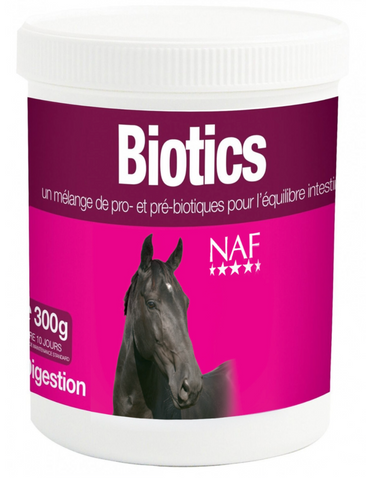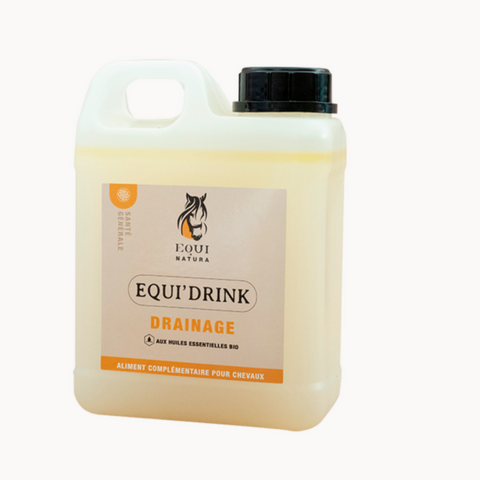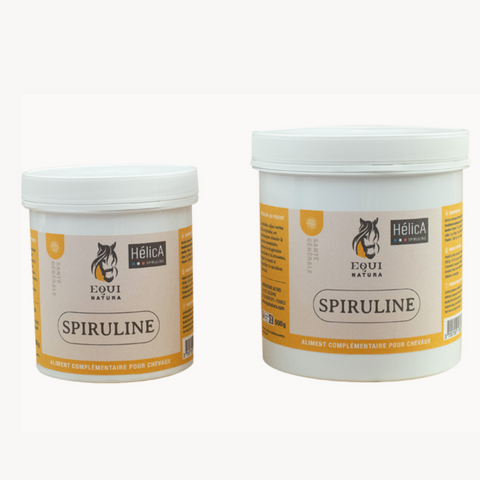Liver and kidneys
Almost all pathological situations place stress on the blood system, liver, kidneys and intestines.
The liver, like the kidneys, works 24 hours a day to rid the body of all toxic substances.
The kidneys, through their filtration work, extract metabolic waste from the blood. These wastes are found in urine.
The liver, metabolic center of the body :
The liver performs many functions related to metabolism. The products of digestion absorbed in the intestines are transported directly to the liver by a particular venous system. Important functions of the liver include:
*the formation of glucose and in case of excess the storage of glucose in the form of glycogen. When needed, glycogen is converted back into glucose and released into the blood. Thus the liver regulates blood sugar (= blood sugar level);
*the formation of amino acids, proteins, lipids, bile;
*the storage of fats (source of energy), vitamins A, D, E, K, B and trace elements such as iron, copper and zinc;
*the transformation of toxic substances and harmful residues with a view to their elimination, for example:
-ammonia, provided by the large intestine, is the waste product of amino acid metabolism, it will be transformed into urea and eliminated through the urine;
-bilirubin, released by the destruction of red blood cells, is dissolved and eliminated by bile;
-certain medications, certain toxic substances but also free radicals will be transformed by the liver and eliminated by the bile;
-these purification processes also concern certain endogenous substances such as hormones.
Toxic substances can accumulate in the body when the liver is deficient, so you clearly see the essential role of this organ. The functions of the liver are multiple, and the causes capable of altering them are just as numerous.
Diagnosis of liver dysfunction :
It is not always easy for the veterinarian to make a diagnosis, the symptoms are often vague: lack of appetite, weight loss, fatigue, etc. The first pathological signs often only appear when half of the liver cells are destroyed. A particular sign of liver damage: yellow coloring of the mucous membranes. The horse is no longer able to get rid of toxins; at this stage we will notice: prostration, yawning, muscular trembling, locomotor disorders, behavioral alterations (sometimes aggressiveness), photosensitization, skin disorders and, sometimes, colic. Blood or urine tests are generally essential.
Liver diseases can result from: degeneration, tumors, abscesses, hyperlipemia, cirrhosis, endogenous or exogenous poisoning (moldy food or fodder), bacteria (such as leptospirosis; we hear about it more and more), viruses, parasites, etc. Remember that any excess or deficiency puts strain on the liver! You must also be careful of toxic plants, such as clover, taxus, buxus, rhododendron etc. Be especially wary of the very common Jacob's ragwort, which is toxic fresh, but also dried, i.e. in hay.
Kidneys :
The kidneys are, along with the liver, the most important organs of elimination. They regulate hydro-electrolyte metabolism, sodium, blood pH, the elimination of urea and various toxins. They also have an important role in blood pressure and the formation of red blood cells. All waste is dissolved in water, filtered by the kidneys and eliminated in urine. In horses the kidneys are less susceptible to disease than the liver; a blood (urea) and urine (protein) test can give good indications. The kidneys can be overloaded, for example: myoglobinuria, strangles, piroplasmosis etc., but they have great regenerative capacities. Good maintenance of the liver and intestines should normally be sufficient (with exceptions) to keep the kidneys in good working order.
Some symptoms warrant a veterinary consultation:
*presence of blood in the urine or cloudy urine;
*anemia, loss of performance, weight loss;
*the horse urinates often but in small quantities
*the horse drinks abundantly;
*when the horse is very sensitive/painful at the dorsolumbar level (behind the saddle);
Watch that your horse does not eat too many acorns. Their toxic components, tannins, mainly affect the kidneys, which results in anorexia and diarrhea.
In case of significant demand on the metabolism and in particular when the digestive system is overloaded, it is desirable to support liver and kidney functions: Equi'drink Drainage , but also Biotics or Spirulina . Do not hesitate to ask for advice on choosing the right product for the situation.



